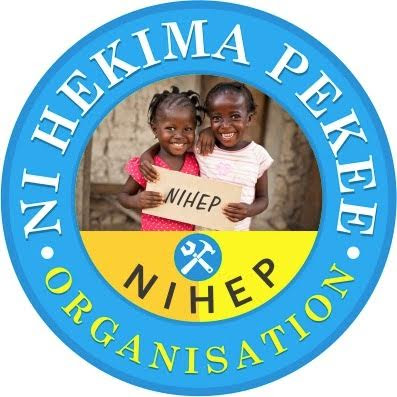One of
Ni Hekima Pekee’s (NIHEP) ways to operate is through parents support. The organization
has gathered parents into peer groups. The groups have been formed according to
their similar life situations; there are some groups for HIV-positive parents,
some for those whose children have been supported with school material. In
total NIHEP is operating with seven parents’ groups, two in Butimba ward and
five in Lwanhima. Butimba has been NIHEP’s operational area from the year 2010
and the parents’ groups were started there in 2010. In Lwanhima, NIHEP has been
operating since 2016 and the groups have been started within the last year.
The
idea is to bring people together to share their challenges in general and find
their own ways to enhance their financial situation. NIHEP has collected the
members and guided the forming of each group and their plan, but the activity
should rise from their own needs and experiences. This is why they have created
their own business plans and are meeting in their own neighborhood with their
own timetable. The groups are saving money in order to be able to start the
chosen business, such as poultry or selling nutrient dense flour mix, in the
future.
NIHEP
visits the groups regularly to see their achievements and to discuss any
questions or challenges they are facing. Working with these parents needs a lot
of effort and dedication. Many parents have struggled with everyday life for
years and therefore have little energy to try to improve their situation. Both
educational and financial support is needed in order to keep the groups going.
When supporting parents the aim is also to give them more strength to be
parents and prevent the social problems from being passed on to the next
generation. NIHEP hopes that working in a group makes the parents strong enough
to improve their own situation so that in the future they will be able to help
other community members around them.
Ida Nyroos & Minna Varho
The writers are Master’s degree social work students from
University of Turku in Finland and are currently doing their internship with Ni
Hekima Pekee.







